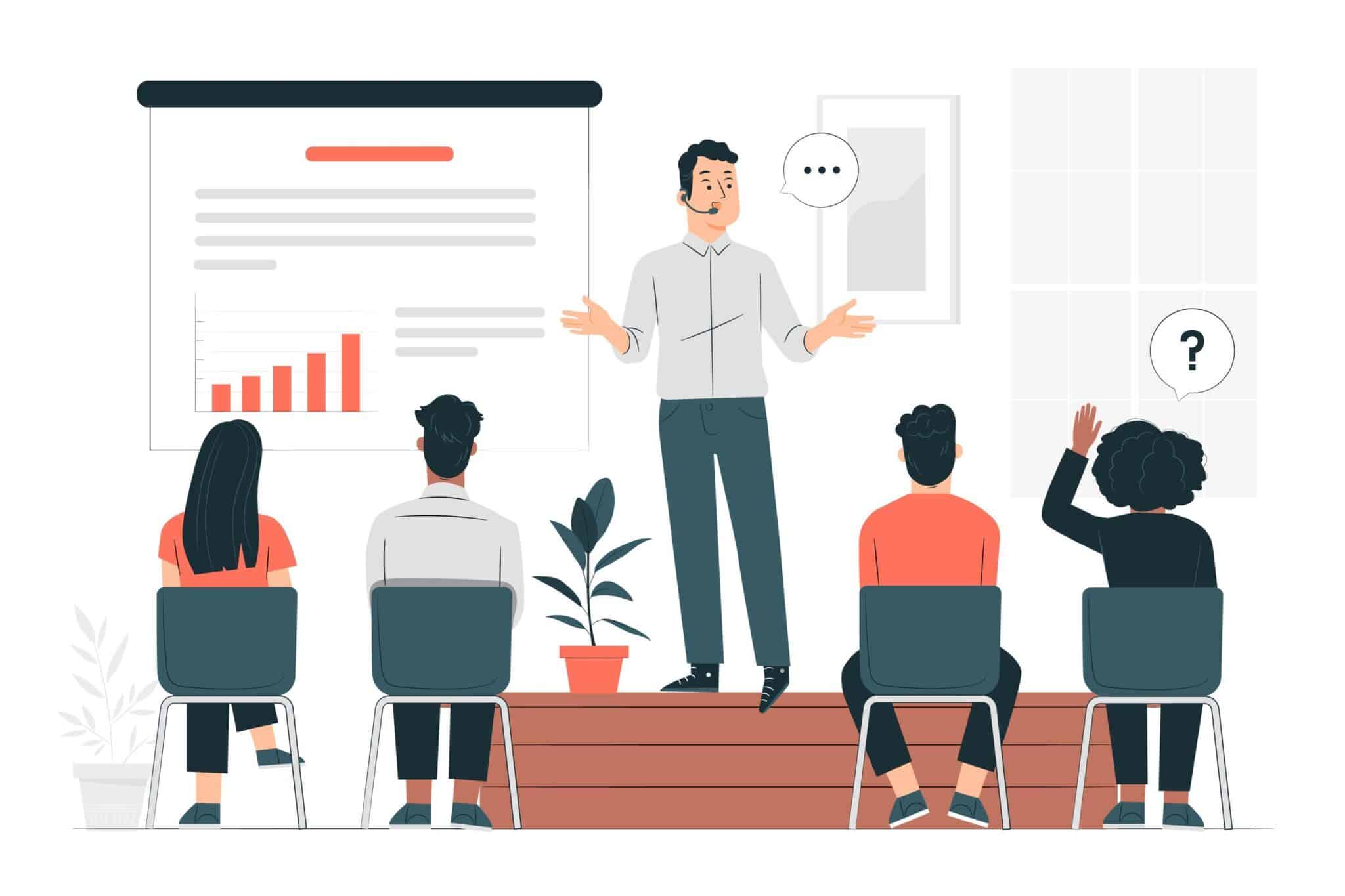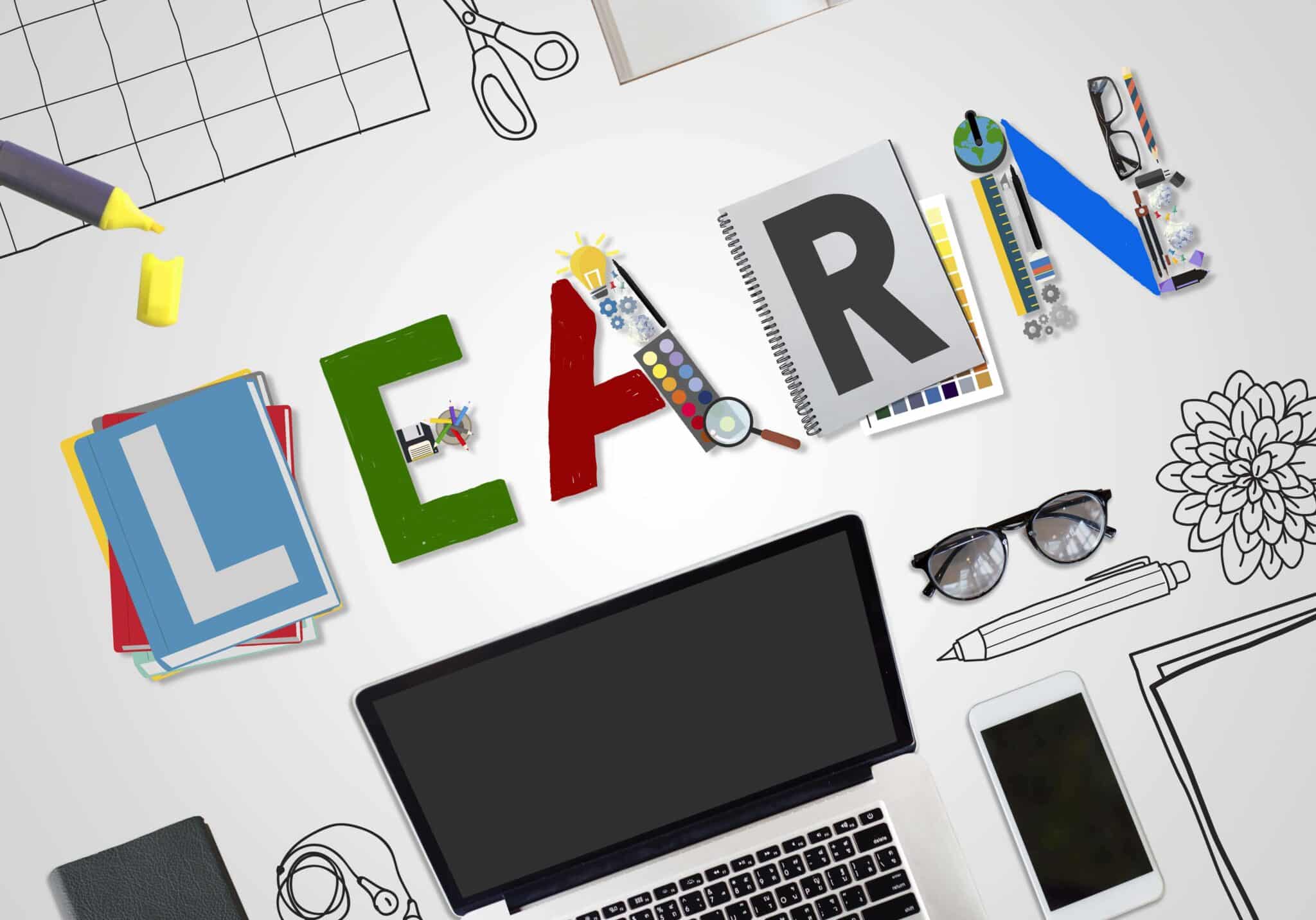Do You Know It, or Do You Have It?
Table of Contents
It’s a deceptively simple question; one that reveals a fundamental gap in how we often think about learning.
We sign up for online courses, attend webinars, and stay up to date with industry trends. While we gain a wealth of knowledge, many of us struggle to apply what we’ve learned when it matters most.
Let’s Meet Niki – A Curious Learner, yet Struggling Performer
Niki is a human resource executive at a growing tech company. She’s proactive – always learning. She participates in training sessions, attends webinars, listens to thought leaders, and takes pride in adding certificates to her professional profile.
Yet, when it comes to her day-to-day work, which involves influencing stakeholders and handling conflict, she often feels stuck. The knowledge is there, but the confidence to act on it? Not quite.
So, what’s missing?
Knowledge Tells You What To Do. Skill Tells You How To Do It Well.
The quote attributed to Confucius, “I hear and I forget. I see and I remember. I do and I understand,” holds plenty of meaning.
Niki has accumulated plenty of knowledge, but she hasn’t developed the skills to apply it effectively. And she’s not alone.
| Knowledge is theoretical. It’s what you gain from books, lectures, conversations, podcasts, courses, documentaries, etc. | Skill is practical. It’s built through reflection, repetition, and refining what you’re doing. |
One of the best examples to illustrate this difference is learning to drive a car:
Knowledge is understanding traffic laws, road signs, and how a car functions. Skill is actually driving, i.e., controlling the vehicle, reacting to unpredictable road conditions, parking, and making quick decisions.
You might ace the written driving test, but real driving skill only develops through practice and real-world experience.
The Gap in Learning: Knowing Isn’t Always Enough
If learning is designed for knowledge gain, not skill development, it’s a concern because the focus is on content consumption, not practice. This leaves many professionals feeling informed but unprepared.
For instance, Niki may know all the principles of change management, but unless she has practiced navigating resistance or communicating during uncertainty, that knowledge remains theoretical.
Bridging the Gap: Turning Knowledge into Skill
The good news is that skill can be developed through practice. At FocusU, we recommend a few ways to take a LEAP from knowledge to skill, turning what you know into what you can do:
L – Learn it & try it immediately:
Don’t let new ideas or concepts sit idle. If you come across a new project management technique, try it out on your next assignment. Knowledge deepens when it’s put into practice.
E – Experiment with it:
Simulations, low-stakes internal tasks, or shadow projects offer safe spaces to apply what you’ve learned. They create opportunities for trial, error, and iteration.
A – Apply it regularly:
Skill-building requires consistent repetition. For instance, if you’re a sales executive learning to negotiate, practice often. Start small and improve with each attempt.
P – Pause and reflect (with support):
Take time to self-reflect and review what worked, what didn’t, and why. As you do this, leverage mentorship, peer coaching, feedback from others, etc., as these help refine skills faster and more effectively.
So ask yourself:
Do you just know it, or do you have it?
Learning is most powerful when it’s active, not passive. Niki doesn’t need more content—she needs more context, more application, and more experience. What about you?








